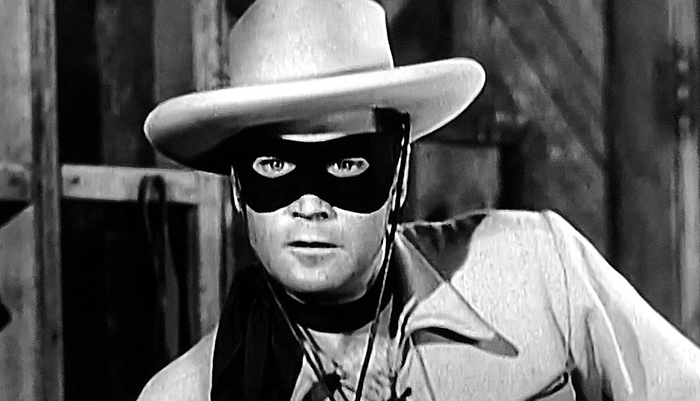By Steven Barket
Las Vegas
NOTE: I am not an attorney, nor can I give legal advice. These are my opinions formed over decades of work.
Blogging anonymously has become increasingly popular in recent years, as people seek to protect their privacy and express their opinions without fear of retribution. However, there are legal implications to blogging anonymously that need to be considered, particularly when it comes to issues such as defamation, copyright infringement, and cyberbullying.
One of the primary legal issues surrounding anonymous blogging is defamation. Defamation involves making false statements that harm a person’s reputation. If a blogger makes false statements about someone else and their reputation is damaged as a result, they can be sued for defamation. The keyword in these sentences is the word, “false.” The legal standards for proving defamation can be complex, and it can be challenging to identify the blogger if that person is posting anonymously. Also, truth trumps all in defamation when it comes to “outing” someone. A defense against defamation is truth.
In some cases, bloggers may be able to avoid legal liability if they can prove that the statements they made were true or constituted fair comment. For example, if a blogger makes a negative statement about a company’s products or services based on their own experiences, they may be able to claim that their statements were truthful and constitute fair comment. Opinions usually are OK, but publishing a negative opinion about a person or a product can still get you into legal trouble.
Copyright infringement is another legal issue that needs to be considered when it comes to anonymous blogging. If a blogger uses copyrighted material without permission, they can be sued for copyright infringement. This can include using images, videos, or written content without proper attribution or permission. There is a concept known as fair use, however, which is outlined in the Copyright Act, which I’ll address in subsequent posts.
Taking steps to protect one’s identity while blogging anonymously can be legally complex and require careful attention to avoid the possibility of causing legal issues. Many bloggers use some combination of pseudonyms, anonymous domain registrations and/or VPNs to protect their identities from being linked to their blogs. While these measures help to protect anonymity, they do not provide completely bulletproof protection from legal claims.
Finally, cyberbullying is another concern when it comes to anonymous blogging. Cyberbullying involves using electronic means to harass, intimidate or threaten someone. This can take various forms, such as creating fake social media profiles to harass someone or posting defamatory statements online.
While most people may think that they are anonymous when using the internet, the reality is that it is often possible to identify anonymous bloggers. For example, law enforcement agencies may be able to trace the blogger’s IP address or search for other identifying information. Using a VPN to mask your identity can sometimes make it more difficult to discover an person who wishes to remain anonymous online, but it’s not complete, fool-proof protection.
Blogging anonymously carries legal risks that need to be carefully considered. These risks can include legal liability for defamation, copyright infringement, and cyberbullying. It is important to be aware of these legal considerations and to take steps to protect one’s identity while blogging anonymously. This can include using a pseudonym, anonymous domain registrations or, as I mentioned, VPNs. At the same time, bloggers need to be aware of the potential legal risks of what they are posting and should carefully consider the content of their blog before publishing it. By doing so, bloggers can express their opinions while minimizing their risk of legal liability. In blogs or websites created and published in the United States, persons can cloak themselves in the protection of the First Amendment to the US Constitution, which guarantees the right to free speech and the right to a free press. However that’s sometimes not enough to protect yourself these days.

